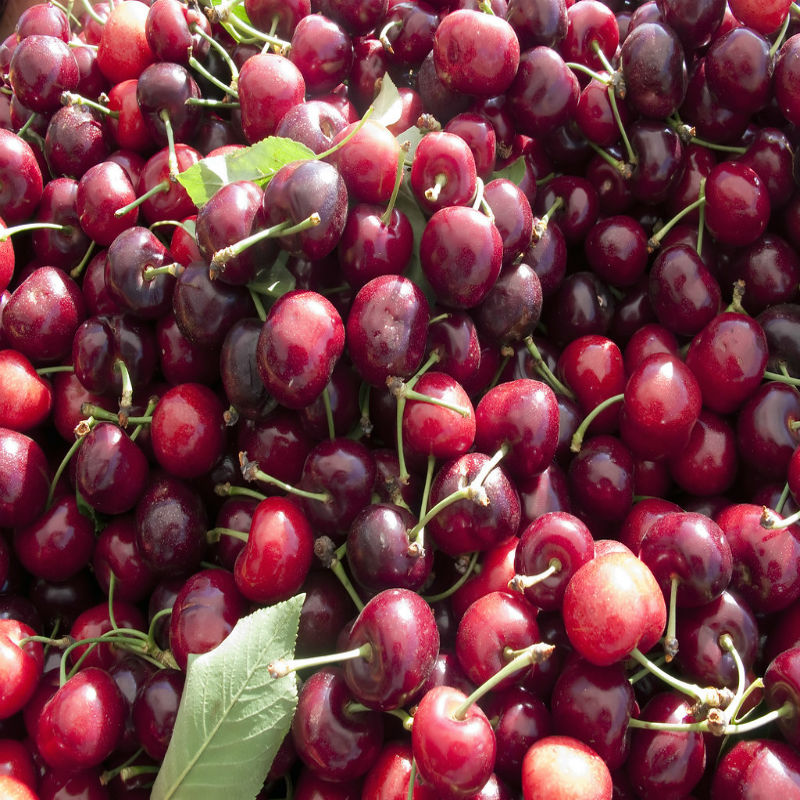Published:
An underground controversy right now is the tariff laws surrounding cherries. The cherry market is seeing a trend that many other states and countries are dealing with, specifically in dried cherries that are used for canning and juice. The decision made on this product could affect how the United States deals with foreign imports on a global scale.
Specifically, this issue is affecting Michigan cherry farmers who are taking the brunt of harmful tariff laws including one of the biggest cherry providers in Michigan, Cherry Republic. Michigan’s cherry industry is a $50 million industry that produces 70% of cherries for the entire United States, but they are faced by a big competitor.
The main competitor of cherries in the United States is Turkey, particularly the company Alara (the biggest cherry exporter in the country). Turkey’s cherry industry is subsidized and often incredibly hard to compete with and they produce 20% of the cherries in the world. Turkey’s imports on dried tart cherries increased from 188 tons in 2016 to 686 tons in 2018. In 2019, Michigan farmers started petitions to act against these new imports because domestic growers could not compete with the low Turkish prices. Turkey was able to sell its cherries for 541-648% lower costs than domestic sellers, on top of being subsidized more than 200% of the cost of production. This means that in America, Turkish cherries were able to sell at 89 cents compared to the domestic price of $3.50. Many Michigan farmers thought they may lose their jobs.
In September of 2019, the U.S. government put heavy duties on all imported cherries to try and fix the unfair competition. The importers of cherries had to pay $5 per pound of cherries instead of the $1 per pound that they were used to. Many farmers rejoiced, but these duties did not hold for long. On January 14, 2020, the U.S. government decided that it would not continue to implement any tariffs that would slow down cherries being imported from Turkey. They determined that the duties that counteracted the subsidies would only harm Turkey by 5 cents a pound, and decided against pursuing more tariffs that helped local farmers. Farmers are worried about being able to make enough money to cover their costs of production. But, the next time that the farmers are able to appeal to the courts will be after the explanation from the trade committee is released in mid-February.
The cherry industry isn’t the only one suffering from these import tactics. These same issues are happening in the asparagus industry, with Mexico and Peru flooding the industry to weed out local farmers.
How the United States reacts next will determine how the country will continue to react to these issues. Adding tariffs or not will drastically affect the global market. Cherries may determine how the protocols in the future will be determined. This issue is one to keep a close eye on as it continues to develop.
File under






